IN the death of Mahmoud Haroon, Pakistan has lost an upright politician and the Haroon family a father figure who in his personality combined the finest traditions of the two men who were his role models — the founder of Pakistan Quaid-i-Azam Mohammad Ali Jinnah and his illustrious father, Haji Sir Abdullah Haroon. Having had the honour of being one of Jinnah's ADCs at the young age of 17 in the days when Pakistan was still an idea and a dream, Mahmoud, like most youth of those days, had only one passion to fight for the emergence of a sovereign Muslim state in South Asia. Once Pakistan became a reality, he went on to hold many important political offices — ranging from Karachi's mayor to federal minister and provincial governor. Mahmoud hated publicity and believed in working quietly and with dignity for his beliefs.
Several regimes persecuted him and his family unabashedly to win him over politically, especially when Dawn refused to kowtow to them. But Mahmoud never surrendered. His real test came after the secession of East Pakistan and Z.A. Bhutto's accession to power when things became critical for the Haroons and for the Dawn group of newspapers. The new regime was harsh on the press and sought support for its policies, but when the Dawn group refused to oblige it suffered persecution in several forms, including the denial of government advertising. This was the period when Mahmoud chose to go into exile and live in London. About the same time, he set up in Dubai what today is among the Middle East's most prestigious English papers, Khaleej Times.
It is a measure of Mahmoud's vision and humility that in spite of being the proprietor of the Dawn group of newspapers, he never allowed his two roles — as a politician and a publisher — to impinge on each other. He never used this prestigious medium for his personal publicity or to promote his political goals. At the same time, he kept a discreet distance from the working of the papers he owned. In honourable journalistic tradition, he never interfered with Dawn's policies leaving it to professional editors to do their job. The principle of separation of the management and editorial working of a newspaper is something unheard of in Pakistan and was Mahmoud Haroon's greatest act of service to journalism in the country. A severe test of his commitment to these values came when he became a minister in Gen Ziaul Haq's military-led government and let Dawn pursue an independent policy, even if this meant criticism of the government in which he was a minister.













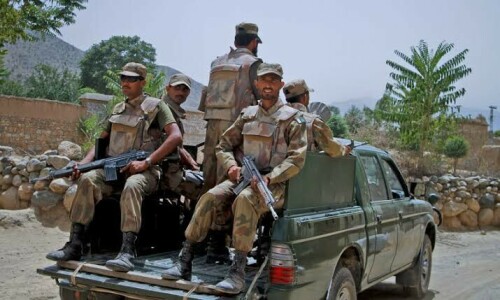
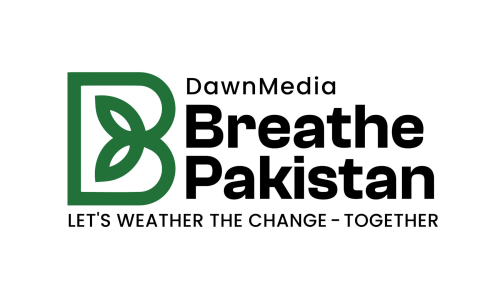
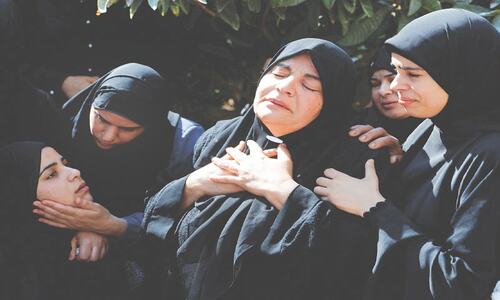
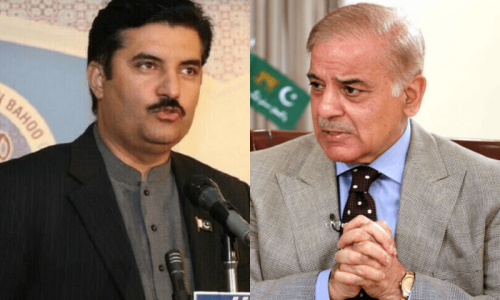










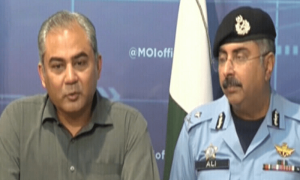








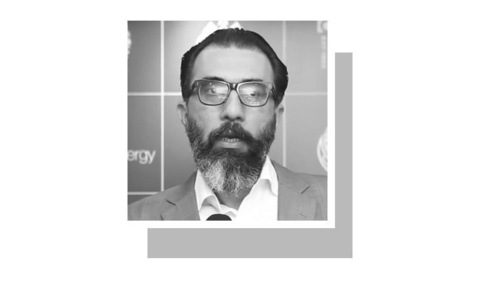
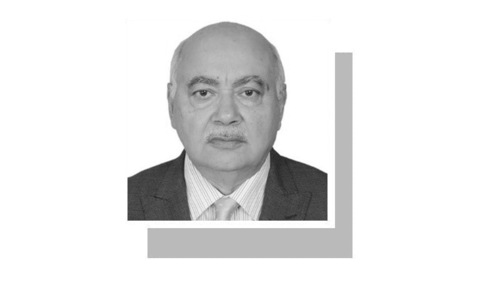

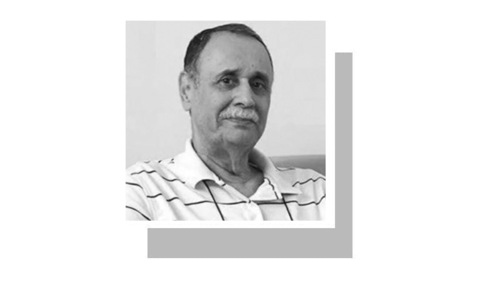

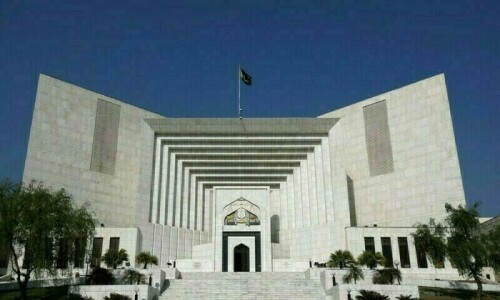
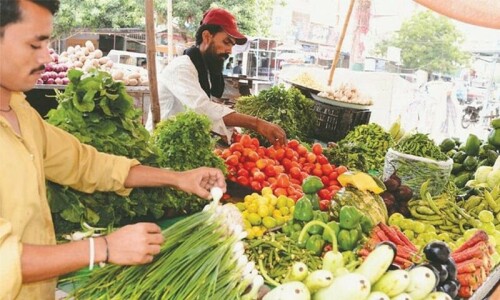

Dear visitor, the comments section is undergoing an overhaul and will return soon.